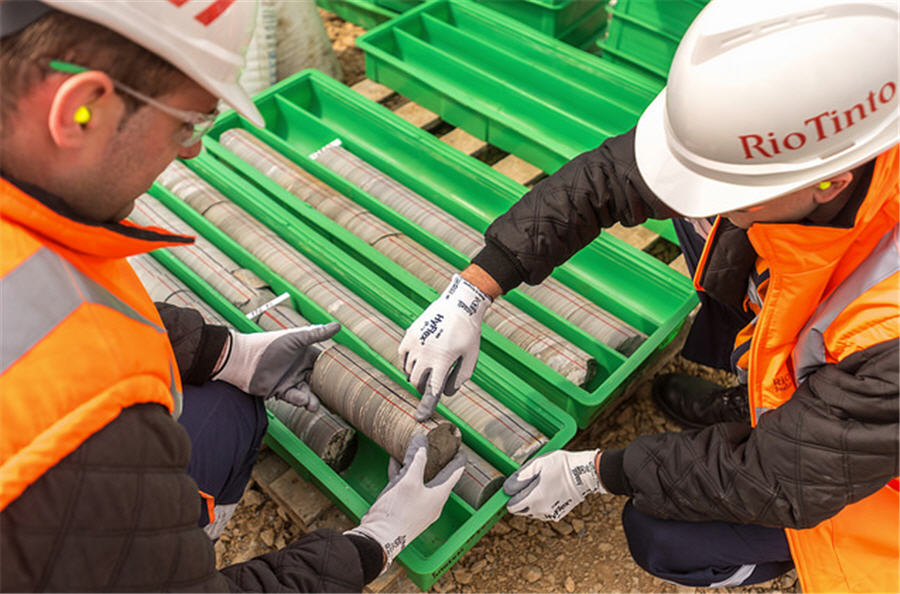Serbia to decide on Rio Tinto’s lithium mine after April election

Serbia will decide whether Rio Tinto can proceed with developing a lithium mine in the country after a general election in April, its prime minister told Reuters, as protests by local communities continued.
Global miner Rio Tinto committed $2.4 billion to develop a lithium-borates project near Loznica in the western Jadar valley in 2021.
The proposal attracted widespread opposition from local communities on concerns over environmental damage, culminating in the local municipality scrapping a plan https://www.reuters.com/markets/commodities/rio-tinto-pause-lithium-mine-serbia-after-protests-report-2021-12-23 to allocate land for the facility.
“The project is paused until we in Serbia agree on what we want to do, whether we want to go farther in exploration, exploitation and use of lithium or not,” Ana Brnabic said in an interview on Tuesday.
“I think it is a decision for the future, and I believe it would be smarter, better and fairer if it is brought by the political elites that will lead the country in the next four years,” she added.
RELATED: Thousands protest against Rio Tinto’s lithium project in Serbia
Rio Tinto said it remains committed to developing and advancing Jadar, upholding the highest environmental standards, and that it has been in regular dialogue with local communities throughout the project.
“We will continue to work with the Serbia Government and a wide group of local and global experts across all aspects of the environmental, social and governance impacts of the Jadar project,” it said in an emailed statement.
With governments around the world pushing for a shift to a lower-carbon economy, metals like lithium, which is used to make electric vehicle batteries, are in high demand.
Serbia’s populist ruling coalition, led by the Serbian Progressive Party (SNS), has come under fire for its backing of lithium and copper mining, helping erode the comfortable majority the party enjoyed in a 2020 vote.
The coalition is expected to hold parliamentary and presidential elections on April 3, although the date is yet to be officially confirmed by President Aleksandar Vucic.
Thousands of people blocked roads last year in protest against the government’s handling of the concerns over the project, demanding Rio Tinto leave the country.
More protests took place on Wednesday, with several dozen people led by the Ecological Uprising political movement gathering in Belgrade to demand the government revoke Rio Tinto’s exploration licence.
The local mining code currently allows for the automatic conversion of an exploration licence to a production one, but Vucic in December pledged to change the law.
Completion of the project, scheduled for 2026, would help make Rio a top 10 lithium producer just as demand for electric cars booms.
Brnabic said that in order to hold an election in April as planned, parliament would need to be dissolved on Feb. 15, making it highly unlikely it could decide on Jadar by then.
The SNS party, of which Brnabic is a member, is still forecast to win the election.
“Uncertainty is not good for any investor, but my outmost concern is the people who live in those villages and all those who worry about the environment,” said Brnabic.
(By Ivana Sekularac and Clara Denina; Editing by Jan Harvey)
{{ commodity.name }}
{{ post.title }}
{{ post.date }}




Comments